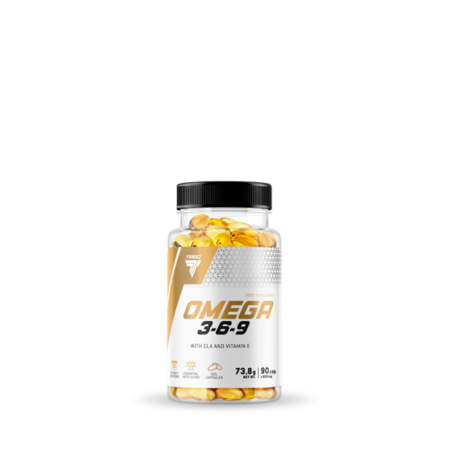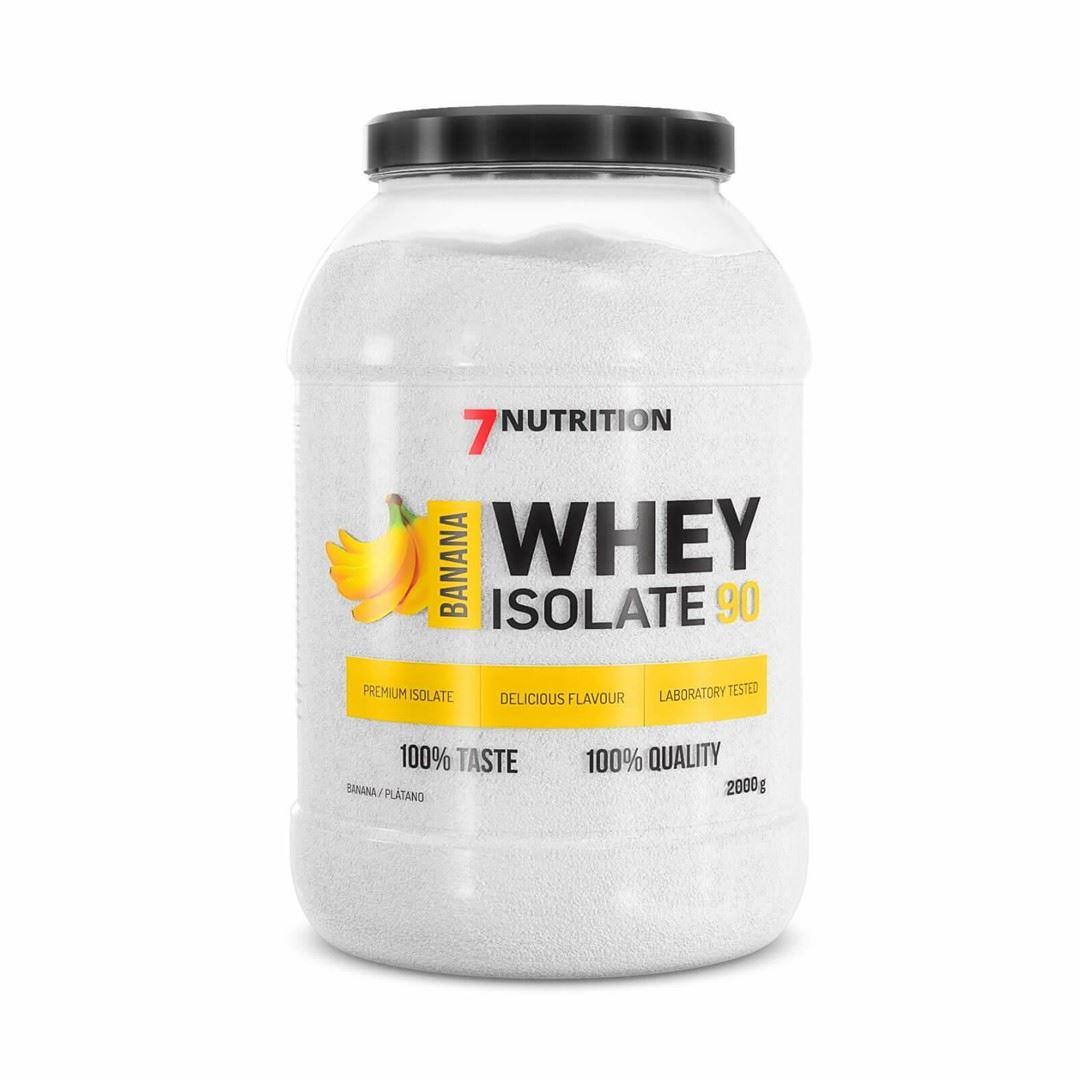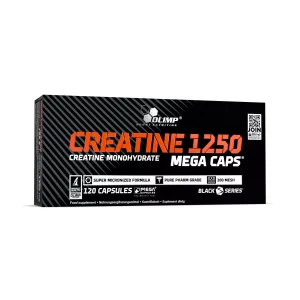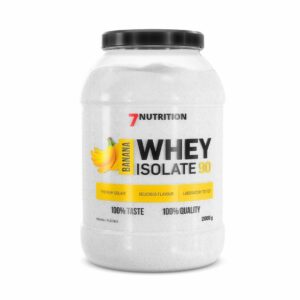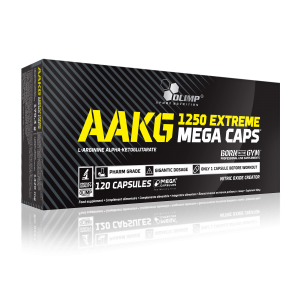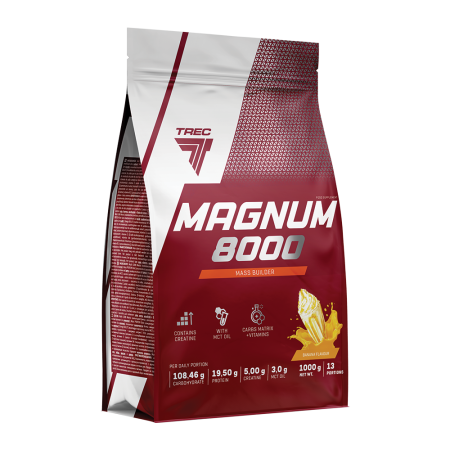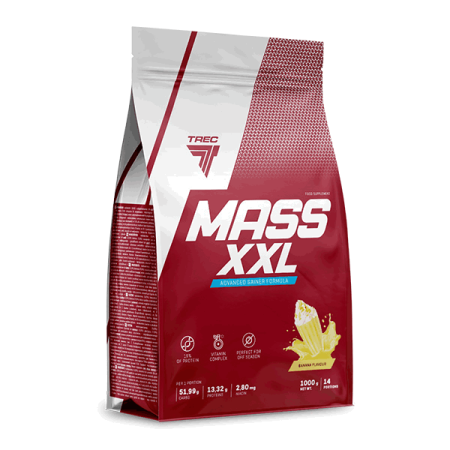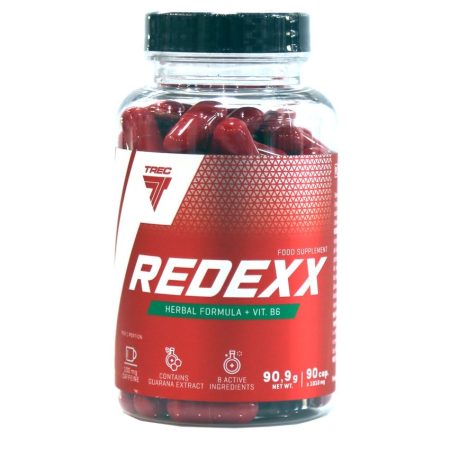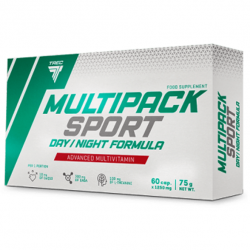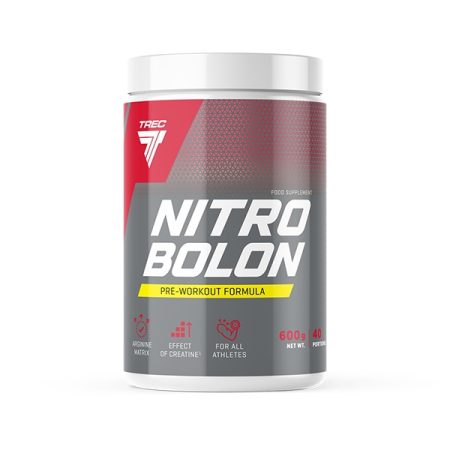WHEY ISOLATE 90 2 kg
Protein supplements are popular in the world of sport, especially among people who train actively, due to the key role protein plays in muscle building and regeneration. Protein accounts for 15-20% of human body weight and is the main component of skeletal muscles, as well as tissues such as bones, cartilage, skin and blood. It is essential for the production of enzymes, hormones and other compounds with regulatory functions.
84,99 €
Buy NowThe protein requirement for athletes is higher than for people with a sedentary lifestyle, ranging from 1.2 to 1.6 g/kg of body weight per day, which allows for protein recovery after training. For athletes seeking to reduce body fat while maintaining muscle mass, the recommendations may increase to 1.6-2.4 g/kg. It is also important to spread protein intake throughout the day, with a recommendation of 0.3-0.4 g/kg per meal or snack, which corresponds to 15-30 g of protein per serving.
Although most athletes can meet their protein needs through a proper diet, protein supplements can be useful in certain situations. Their use can help provide rapidly absorbed protein after training, facilitate protein supplementation in meals low in this nutrient, or support athletes with low appetites or in conditions where access to protein-rich foods is limited.
The most popular types of protein supplements are whey proteins (WPC, WPI, WPH), casein, soy protein and plant proteins (e.g. from peas, hemp, rice). Whey proteins are high-quality animal proteins rich in branched-chain amino acids, especially leucine, which plays a key role in anabolic processes.
It is important that athletes decide to supplement with protein after carefully considering their needs, goals and training load. Protein supplements are not a substitute for food and should be used to supplement the diet. Excessive consumption of supplements may limit access to other nutrients, such as vitamins and minerals, which are provided by whole protein products.
| Nutritional value | 100g | 1 portion (35g) | %RWS* |
| Energy | 1520 kJ/ 363 kcal | 532 kJ/ 127 kcal | |
| Protein | 85 g | 29,75 g | |
| Carbohydrates | 4,4 g | 1,54 g | |
| including simple sugars | 2,2 g | 0,77 g | |
| Fat | 1,4 g | 0,5 g | |
| including saturated | 1,0 g | 0,35 g | |
| Salt | < 0,3 g | < 0,1 g |
Dissolve 1 serving (35 g – 1 scoop of powder) in 100–200 ml of water or add to a smoothie/porridge. Consume immediately after preparation.
| Weight | N/A |
|---|---|
| FLAVOUR | Chocolate, Strawberry, Vanilla, Cookies with cream, White Chocolate |

